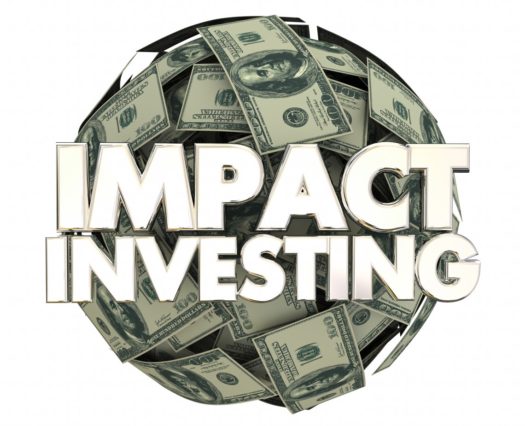Are you skeptical of Social Investing?
Does ESG (Environmental, Social and Governance) investing actually create value and achieve the social good it claims?
Is investing and managing for the overall Social Good affected by the American business culture?
Some may think these questions are controversial.
Capital flows continue to flow into ESG oriented funds but these have not performed as well as those that do not have the same investment policy.
Note the commentary of none other than Aswath Damodaran, professor of valuations at NYU Stern school of business.
On his blog he states: “Companies have come under pressure to be socially conscious and environmentally responsible … The pitch that companies should focus on “doing good” is sweetened with the promise that it will also be good for their bottom line and for shareholders.”
He says further “I have see many “new and revolutionary” ideas emerge, each one marketed as the solution to all of the problems that businesses face … forgive me for being a cynic when it comes to the latest entrant in this game, where ESG … has become one of the fastest growing movements in business and investing, and this time, the sales pitch is wider and deeper.”
The “sales pitch” he refers to means the companies that manage for social goodness becomes more profitable and increase their value while simultaneously resolving society’s hardest problems.
The idea of ESG investing has certainly become popular. Many call investing under this idiom “impact investing.”
Damodaran says the promise of ESG hasn’t met the reality. He asks “Do companies perform better because they are socially conscious (good) companies or do companies that are doing well find it easier to do good?”
Damodaran concludes – the whole ESG phenomena is over-hyped. A fad. Value is not created.
A simple review of investment funds focusing on ESG and impact investing would bear this out. This investment approach under performs.
A main point taught in corporate finance courses is that corporate strategies should focus on enhancing shareholder value. In the long run looking out for all of a company’s stakeholders – investors, employees, customers, suppliers, governments, local communities, etc. – will eventually be reflected in the share price or value of the company. This idea was originally put forth by the famous economist Milton Friedman.
Why hasn’t this worked out in reality? Why doesn’t ESG/Impact Investing work?
Here’s one possible partial explanation. While managing for the social good should create value in the long run, most management teams in a company are not in their jobs long enough to manage for the long term. It takes a long time for the benefits of an ESG approach to create value.
Management isn’t around long enough for such a strategy to produce benefits – they need to do something quickly. They do what will produce fast results or at least make it appear the results are happening. Do something – anything (!) is the modus operandi.
For example at my former employer Kraft, a senior management team would not usually be around longer than five years. Senior managers were bounced out of the organization in one way or another usually because they couldn’t effect change fast enough. Or they were forced out because of politics. A new management team comes in with the same constraints and results. They are bounced too after a relatively short time, the same thing happening over and over.
Stated another way, management doesn’t focus on long-term results because they will not likely be there to enjoy the rewards that a long-term strategy can produce.
Likewise in many other businesses.
There is no long-term thinking, it’s simply a matter of short-term survival.
The result is underperformance in good part caused by the broader business culture.
If you are interested in Social Impact investing, it’s a great idea as part of the assessment of the management team to determine what cultural environmental pressures they are under. Will they have the motivation and opportunity to pursue long-term strategies to be effective?
What do you think?



